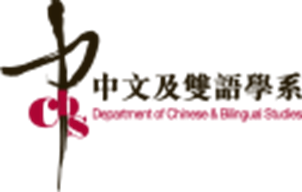Leading academics and translation experts from around the globe convened at The Hong Kong Polytechnic University (PolyU) for a two-day international conference to address how artificial intelligence is fundamentally reshaping the landscape of translation and interpreting. The International Conference on Quantitative Translation and Interpreting Studies in the Age of AI (QTIS), held from 6 – 7 June, served as a critical platform for researchers to explore new methodologies and chart the future of translation studies.
In her opening address, Prof. SIOK Wai-ting, Head of PolyU’s Department of Chinese and Bilingual Studies (CBS), highlighted the timeliness and significance of the gathering. She noted that AI has fundamentally reshaped how we analyse, compare, and evaluate multilingual datasets with unprecedented speed and precision.
Prof. LI Dechao, Associate Head of CBS, stressed that AI often struggles to comprehend context-specific nuances that human translators naturally navigate.
Hosted by the Centre for Translation Studies of CBS, the conference underscored the shift in the discipline from traditional metrics to data-driven methodologies powered by computational and quantitative linguistics. Keynote presentations were delivered by distinguished scholars from world-renowned institutions. These experts delved into pressing topics such as the linguistic features of machine translation, the application of LLMs in translation evaluation, and the evolving dynamic between human translators and AI.
The comprehensive two-day programme included nine parallel sessions on a wide array of themes, covering translation and cognition, human-machine translation comparisons, and innovations in translation pedagogy. It also featured two group talks highlighting innovation in quantitative translation and interpreting studies. Led by Prof. JIANG Yue, scholars from Xi’an Jiaotong University explored the quantitative turn in translation studies. Another group talk presented by scholars from PolyU discussed innovative ways for translation research from the perspective of digital humanities.
The conference underscored PolyU’s commitment to advancing cutting-edge research in translation studies, particularly in developing methodologies that harness AI’s capabilities while preserving the essential human elements of cross-cultural communication. As AI technologies continue to evolve, such academic gatherings become increasingly crucial for shaping the future of translation education and research.
Please watch the video to recap the event highlights.





